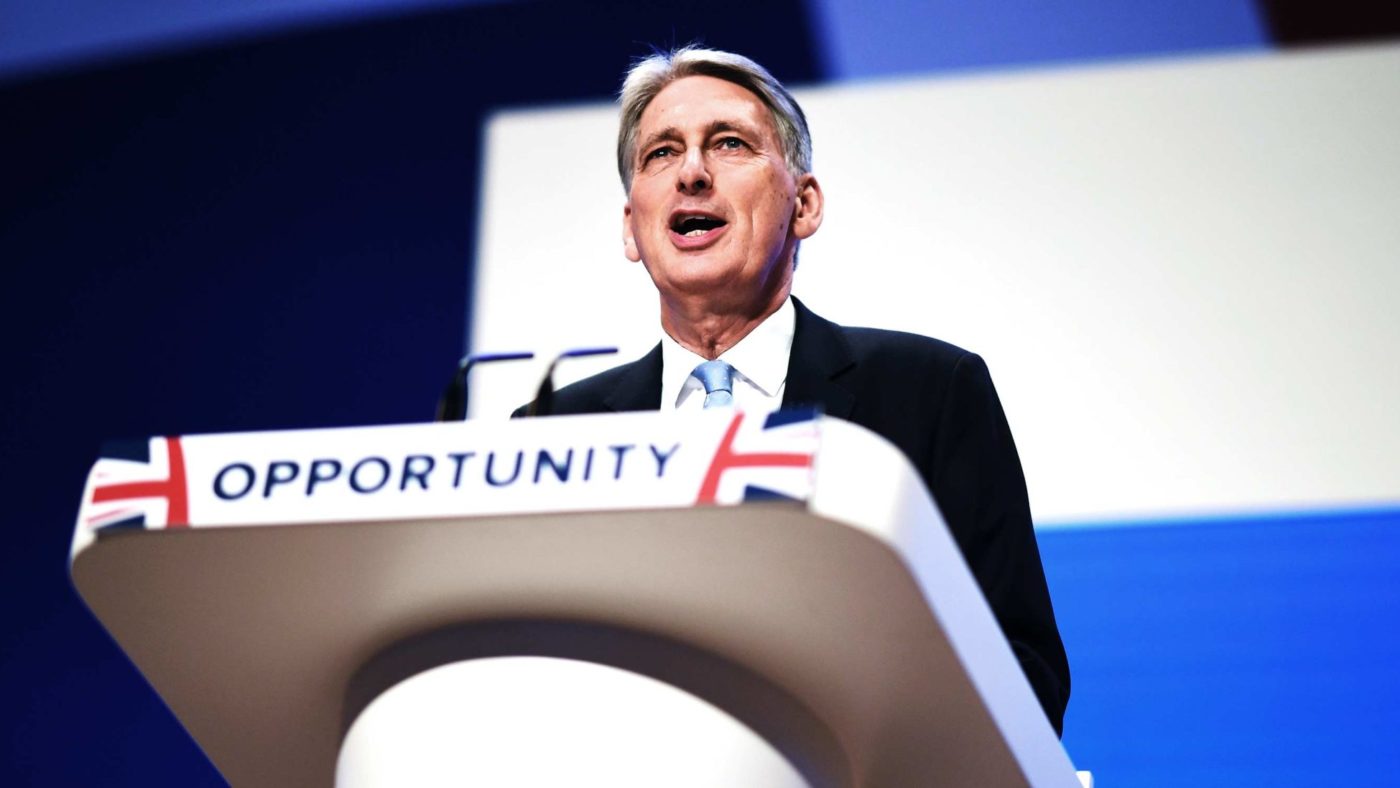For all that has changed in politics in recent years, some old truths remain. One of them is the central political importance of economic growth.
As Danny Finkelstein reminded a standing-room-only CapX event at Conservative Party Conference this morning, it’s difficult for an incumbent party to win an election when economic conditions on the ground are not improving. Conversely, opposition parties – especially ones arguing for a radical change of course – will struggle in benign economic conditions.
This is not a new point. But it remains as important as ever. It is easy to see the wide ideological divide between the Government and the Opposition as an abstract battle between two sets of ideas. In fact, it is a fight that will be won or lost in voters’ wallets.
Sometimes its a particular economic issue, not the headline numbers, that make all the difference. As Matt Singh has argued, disgruntled renters accounted for the entirety of the swing away from the Conservatives towards Labour in last year’s General Election.
The Chancellor of the Exchequer appears to understand this point. In his speech to Conference today, Philip Hammond framed the country’s economic choice as between what works and what does not.
Arguing for “evolution not revolution”, he said: “The model that has delivered 200 years of economic growth, that has seen living standards in this country more than double in my lifetime, that has lifted countless hundreds of millions out of poverty around the world and that has secured our freedoms and our liberties down the ages is rejected out of hand by Corbyn and McDonnell in favour of the failed ideologies of socialism.”
Hammond knows that the Conservative argument against Corbyn has to be more than a history lesson. In his speech, the Chancellor described the challenge for his own party as “ensuring that 21st Century capitalism delivers” for those who “have experienced years of slow wage growth… struggle to make ends meet… feel less secure in their jobs… and see the housing market spiral beyond their reach.”
Identifying these problems is part of the battle. But the more difficult question for the Chancellor is what the pragmatic response to them looks like. Mr Hammond may be moderate by disposition but even he must see that such issues demand more than tinkering.
His speech contained a handful of piffling policies. That the most eye-catching of them was a shake-up of the employee apprentice levy tells you all you need to know.
In that sense, Hammond failed to follow his own advice in Birmingham today. He warned his party of the risks of looking like the party of “no change”, before doing exactly that himself.
At a Centre for Policy Studies fringe event yesterday, Chief Secretary to the Treasury Liz Truss – Philip Hammond’s deputy – made the point that the political will that enabled the Thatcher revolution was little more than disgruntlement with the status quo. It was emphatically not ideological.
As poll after poll demonstrates, the unlikely popularity of the far-left ideas promoted by Jeremy Corbyn and John McDonnell does not prove the rise of doctrinaire socialism. What it does suggest is a great deal of unhappiness.
Last week, Shadow Chancellor John McDonnell warned that “the bigger the mess we inherit, the more radical we have to be”,
Philip Hammond is right to boast about the pragmatism at the heart of Conservatism. It has, historically, been the key to the party’s success at the ballot box and in government. But pragmatism and inaction are not the same thing.
2022 may seem a long way away, but in economic policymaking terms, it is just around the corner. If Conservative Party is to win the next election, the seeds of that victory need to be sowed now.
If, as is rumoured, this month’s budget turns out to be a non-event, the Chancellor’s caution will look less like responsible stewardship and more like political and economic negligence.


